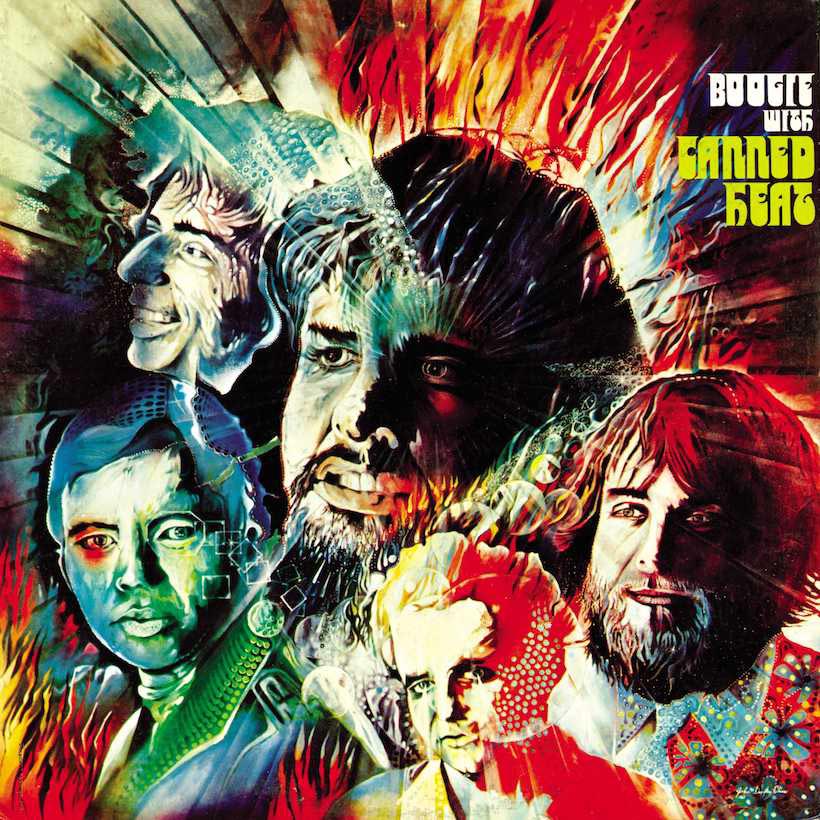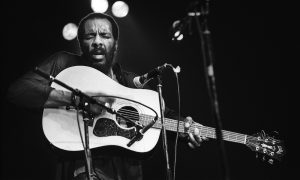Formed in 1965, Canned Heat were initially a jug band and took their name from “Canned Heat Blues,” a song by pre-war Delta Bluesman Tommy Johnson. In 1967, the group signed to Liberty Records after appearing at the Monterey Pop Festival. In July 1967, they released a self-titled album that made No.76 on the album chart, following it with Boogie With Canned Heat on January 21, 1968, which spent over a year on the Billboard chart, peaking at No.16.
Listen to Boogie With Canned Heat now.
Whereas their debut album was largely made up of covers, including the almost obligatory, for a blues band, take on “Dust My Broom,” their second album was largely self-written and remains a firm favorite with just about everyone who loves the blues.
A significant reason for its success is because it included the magnificent “On the Road Again,” which made No.16 on the Hot 100 in the late summer of 1968. Chicago bluesman Floyd Jones recorded a song entitled “On the Road Again” in 1953, itself a remake of another of his songs from two years earlier called, “Dark Road.” Both these songs are based on Tommy Johnson’s 1928 “Big Road Blues.”
Canned Heat decided to record “On the Road Again” as a demo in April 1967 at the RCA Studios in Chicago with original drummer Frank Cook. This version was over 7 minutes long, with added harp and guitar solos. During the recording of Boogie With Canned Heat they recorded it again, this time with new drummer Adolfo “Fito” de la Parra at the Liberty Records studio in Los Angeles In September 1967. The song uses a one-chord boogie riff inspired by John Lee Hooker’s 1949 hit “Boogie Chillen” and Blind Owl Wilson used verses from Floyd Jones’ “On the Road Again” and “Dark Road,” as well as adding some of his own lyrics. But a lot of its appeal is in the performance: Wilson’s Skip James-inspired falsetto vocal and his fabulous harp playing make this something special. “On the Road Again” went to No.8 in the UK.
Other standout cuts on the album include “World in a Jug,” the B-side of “On the Road Again,” “Amphetamine Annie” and the 11-minute plus, “Fried Hockey Boogie” that the band reworked as “Woodstock Boogie” when they played the festival in August 1969.
Besides the five-man band, the album also features a cameo from pianist Sunnyland Slim on “Turpentine Moan.” Dr. John also plays piano on the album and did the horn arrangements; his own debut album, Gris Gris was released the same day in 1968, January 21.




